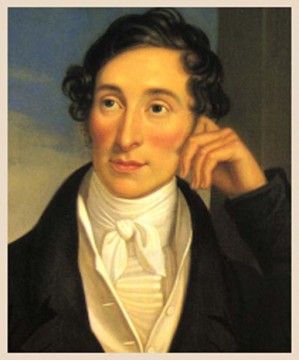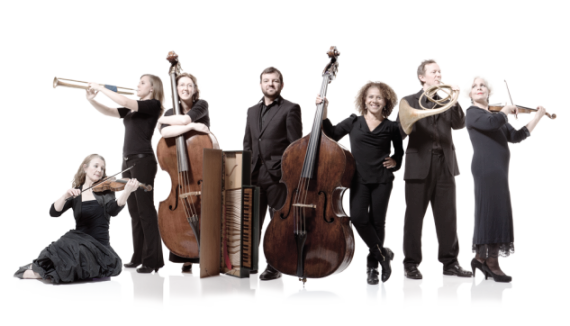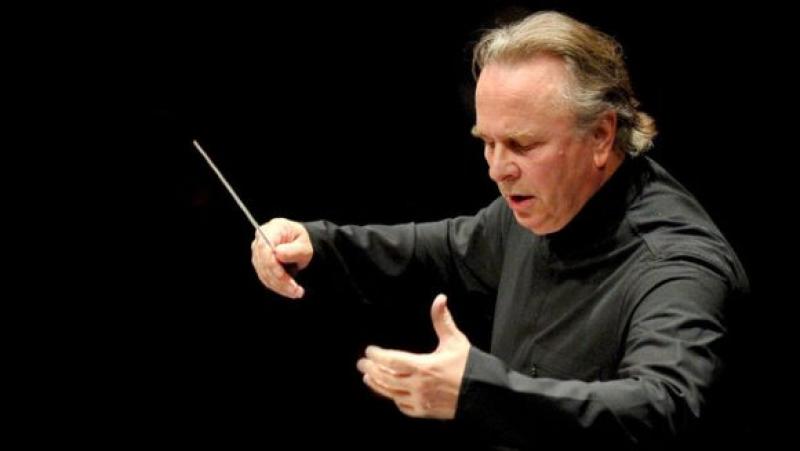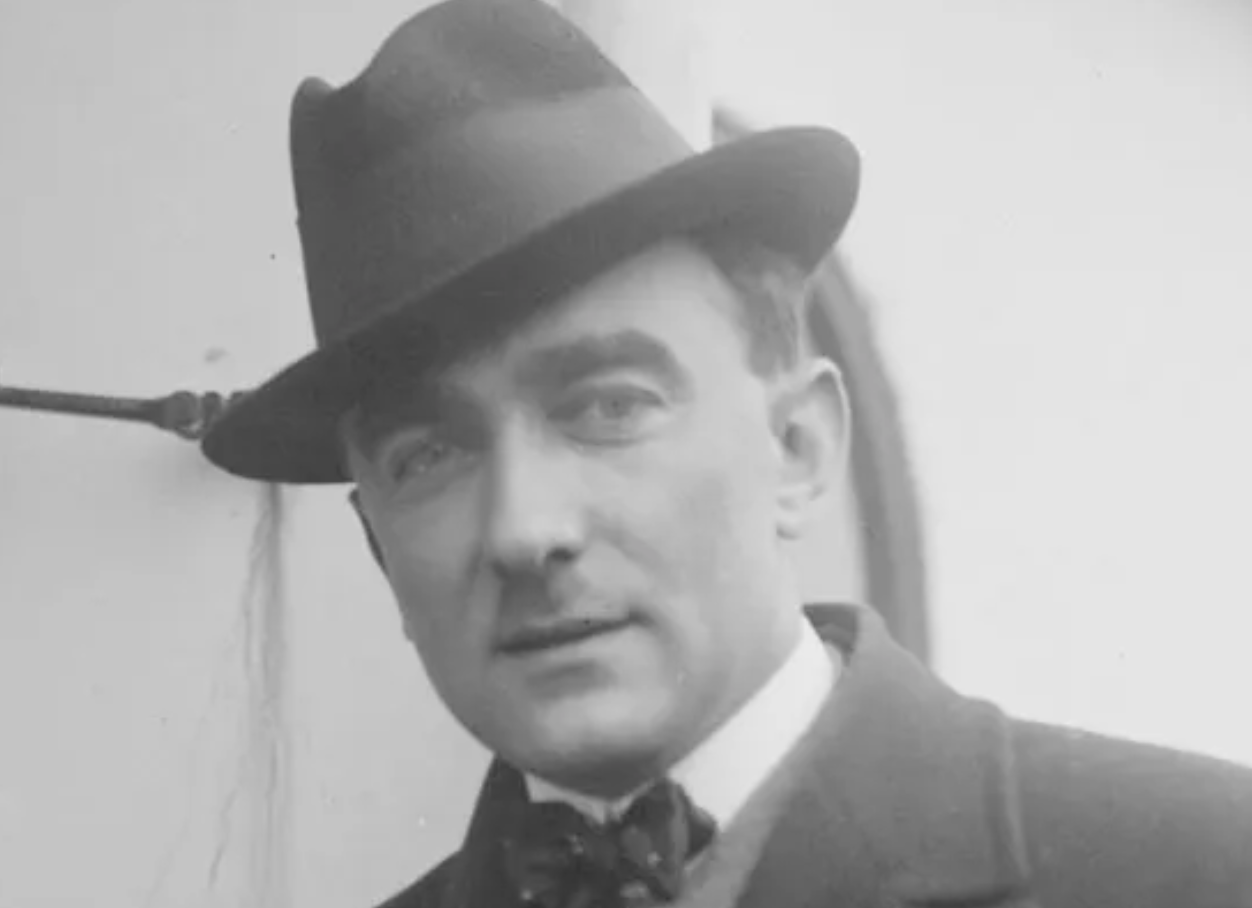Tenor Iain Handyside recently spoke with Sir Mark Elder to ask him about our upcoming performance of Carl Maria Von Weber’s Der Freischütz with The Orchestra of the Age of Enlightenment:
Why was Der Freischütz chosen as the work with which to celebrate The OAE’s 30th birthday?
I conducted the 2nd Act finale with The OAE at their 25th birthday concert – and I remember the concert was a huge musical celebration of which this was only a small part – but the reception from the audience was so effusive that it was decided that the full opera would be performed, in concert, for their 30th birthday.
Can you explain what it is you like about this piece in particular?
 The music in this opera is so wonderfully theatrical that it is hard not to be drawn into it. Weber’s non-operatic works are charming and wonderfully written, but his three mature operas really are wonderful, and amongst some of the striking achievements in opera. Post-Beethoven, there was no national voice in German opera until Weber.
The music in this opera is so wonderfully theatrical that it is hard not to be drawn into it. Weber’s non-operatic works are charming and wonderfully written, but his three mature operas really are wonderful, and amongst some of the striking achievements in opera. Post-Beethoven, there was no national voice in German opera until Weber.
In Der Freischütz we have the first music-drama based around country life, and the real power of the opera comes from this evocation of nature, in particular to portray the depth and beauty of forests. The ‘outdoors’ music is visceral and energetic, which contrasts with scenes ‘indoors’ where the music becomes much more elegant and refined. He was also writing music that explored human psychology, and imbued this music with feeling and emotion.
Weber is one of the great voices of the Romantic period and you cannot fail to enjoy his beautiful melodies – Weber was a composer who just knew how to write for the human voice, and was a huge influence on Richard Wagner. Indeed, Wagner was so devastated that Weber had been buried in London (he died from pleurisy while working at Covent Garden) that he worked with Weber’s son, Max, to raise enough money to have the body disinterred and brought back to Dresden.
What are the main things you hope to bring out in this performance?
I want this to be as compelling a theatrical experience as possible I conducted this at ENO in 1999, which was not such a success on the production-side, so I hope that in this purely concert setting, the sheer originality of the music will strike the audience.
The libretti really does let the side down as it is nowhere near the quality of the music, so we’re doing away with it in this concert and relying on a narrator to highlight the main parts of the action, leaving the singers free to get on with things.
Would a performance differ if you conducted this piece with, say, the London Philharmonic Orchestra?

The OAE will probably play on period instruments and therefore the sound will certainly be different than if the score were played by a full symphony orchestra. However, I want to make the real statement with the music, and so it actually wouldn’t matter if I were conducting this with another orchestra. I do want a sound-world closer to Beethoven than Rachmaninov, so even if I did have a much bigger orchestra playing on modern instruments, I would still aim for that sound.
Related Concerts
See our semi-dramatised performance of Weber’s Der Freischütz with The Orchestra of The Age of Enlightenment on Tuesday 7 June 2016 at the Royal Festival Hall. Book Now >>



